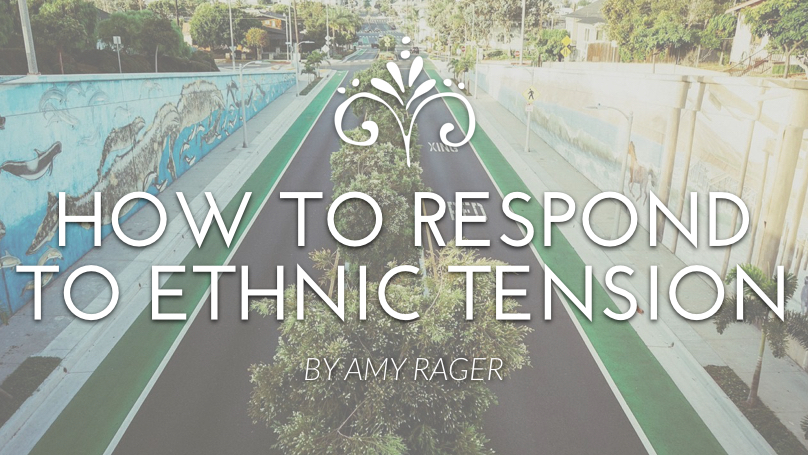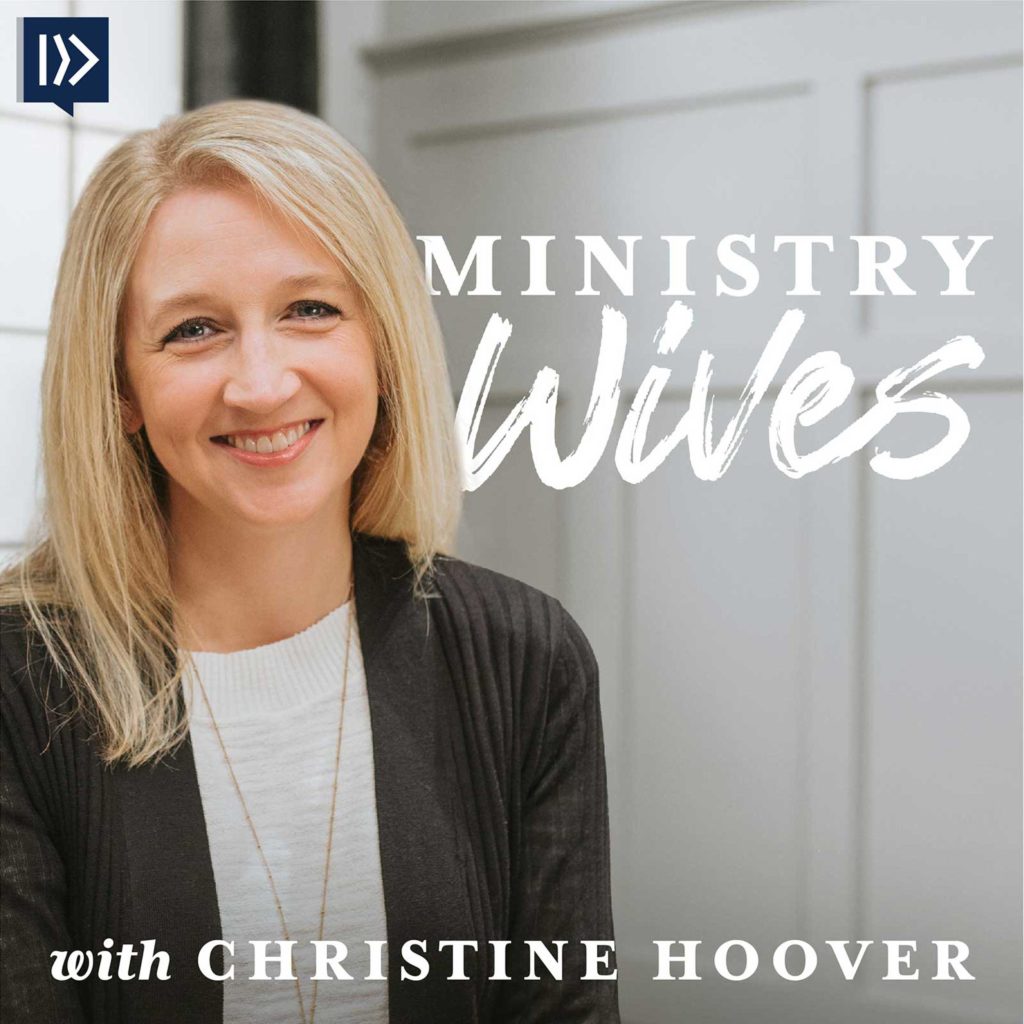A little over two years ago I moved from rural Kentucky to the urban core of Indianapolis. To say I had a lot to learn in order to navigate the density and diversity that defines a city would be an understatement. Even to this day I still have questions, such as: What should my response be to the ethnic tension that exists around me? And I don’t think I’m the only one. Whether you live in the heart of a city or not, recent events have left us all desiring unity and justice in our nation. So it was with much anticipation that I, and hundreds of others, chose to attend the two breakouts on “Christianity In the City” at the 2015 SEND conference.
And I was not disappointed. The speakers: Dhati Lewis, D.A. Horton and Jorge Mendoza did not skirt around the issue. As a matter of fact they eloquently, passionately, and fairly placed the responsibility of erasing ethnic tension on the church’s shoulders.
We are the sole possessors to the answer (of ethnic tension). —D.A. Horton
The Gospel and its implications give us the power to eliminate ethnic injustice but what are the practical steps we need to take?
First, we should celebrate ethnicity.
In the beginning God made us in his image and said that it was good. In the end He will gather his people into His presence, our diversity bringing Him glory and attesting to His goodness. It only makes sense for us to celebrate diversity in our middle history.
We should celebrate our ethnicity, not idolize or ignore. — D.A. Horton
Secondly, we should be compassionate.
Ethnic conciliation can happen when the body of Christ stops withholding compassion from each other. —D.A. Horton
Can those of us in the ethnic majority give our brothers and sisters in the minority the benefit of the doubt? When they say they are hurt by events or actions can we take them at their word and not assume over sensitivity or capitalization on tragedy? Can we extend the love of Christ to people experiencing hurt we may not be able to understand?
Can those of us in the ethnic minority graciously push through the pain and awkwardness to correct and teach offending brothers and sisters, understanding that reproof should be clear and direct but also loving?
Finally, we can be proactive in addressing ethnic tension.
We need to stop letting national moments of crisis move us into knee-jerk reactions. We need to be proactive. — D.A. Horton
Leveraging social media immediately after tragedy has some value but to make real change we must do it in the day to day. Intentionally make cross-cultural friends. Take a look at your family, your community group and your church for ways you could be impeding cultural unity.
Be aware of the people who could be overlooked in your church. — Jorge Mendoza
Cultural collision is not only the new urban it is the future for the suburbs and even rural areas. As cultures collide there will be tension but we as the church should be ready and excited to lead the charge for unity.
Which of these steps can you work toward today?
Published August 13, 2015



